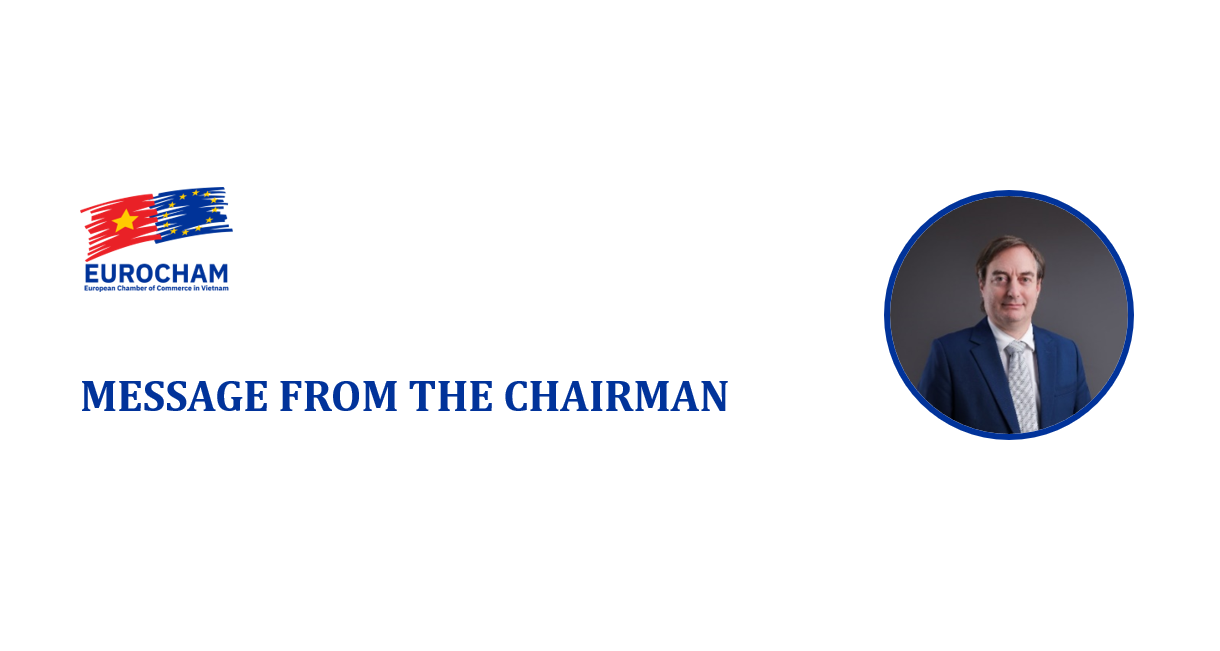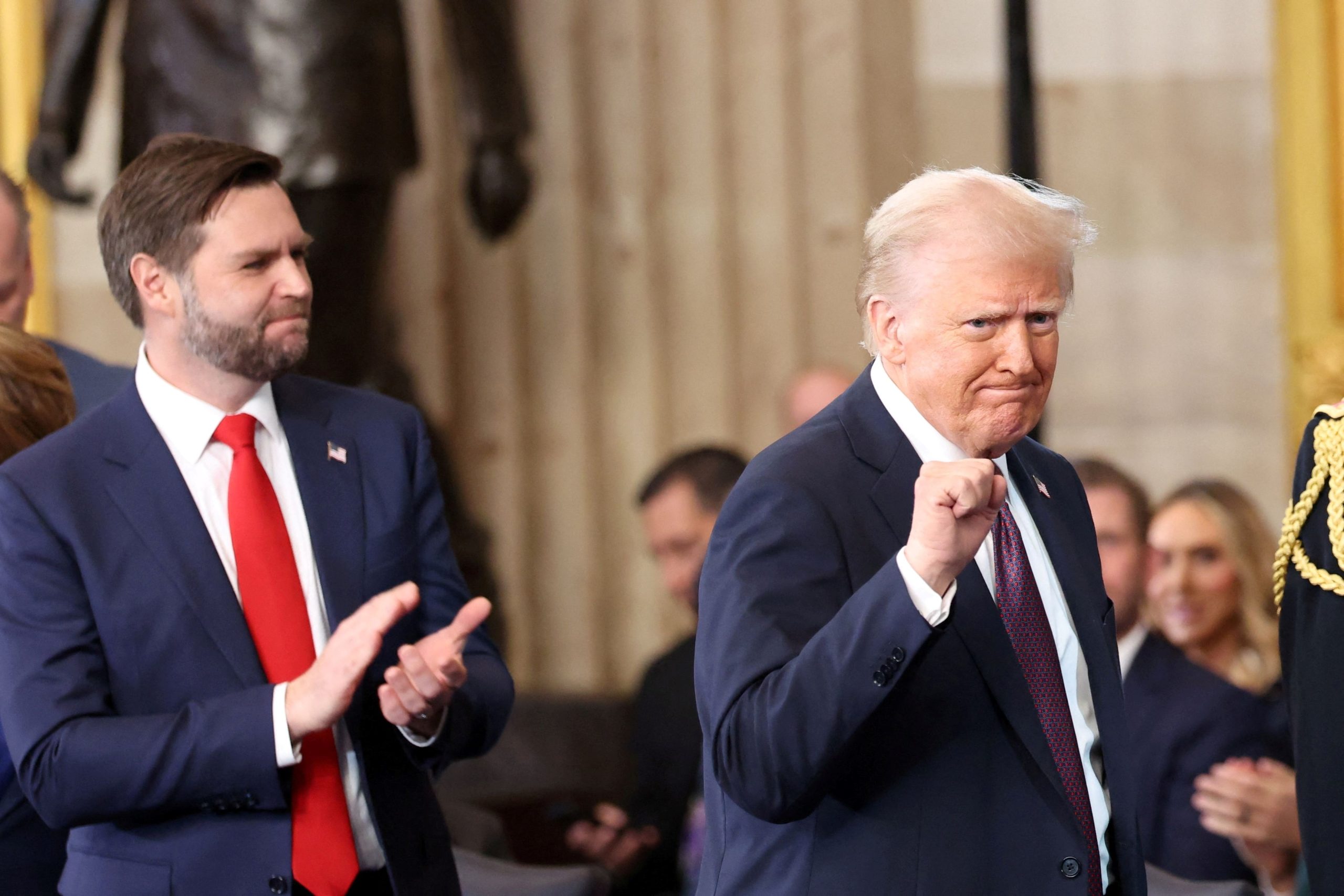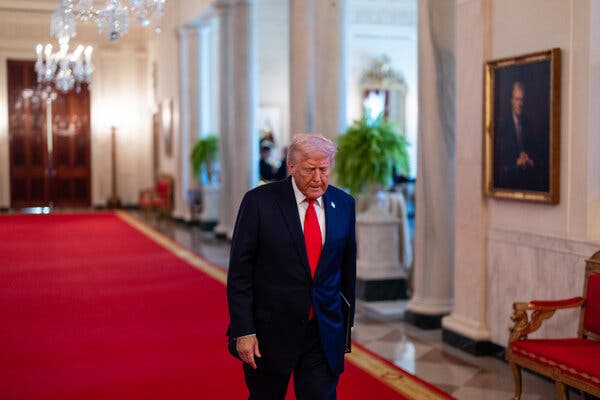On Friday, the European Chamber of Commerce in Vietnam (EuroCham) unveiled its 2025 Whitebook, which outlines significant proposals aimed at improving Vietnam’s business landscape. The report emphasizes adjustments in visa policies, entry procedures, and value-added tax (VAT) refunds to create a more inviting environment for investors and tourists.
Identifying Long-standing Challenges

The 2025 Whitebook identifies five persistent obstacles that have hampered European businesses from maximizing their investment potential in Vietnam: the entry visa policy, immigration procedures, transportation infrastructure at airports, work permits, and customs processes. EuroCham acknowledges the Vietnamese government’s recent initiative granting visa exemptions to citizens from 16 countries for stays of up to 45 days. This move has notably increased tourism and facilitated business travel; however, EuroCham points out that Vietnam still lags behind regional competitors such as Thailand and Malaysia.
To enhance its competitive edge, the Whitebook recommends implementing a tiered visa system. This would include various long-term visa options for retirees and digital nomads, expanding visa waivers to cover all EU member states as well as Australia and New Zealand. EuroCham also advocates for investments in digital infrastructure to enable smooth e-visa processing and suggests examining regional initiatives like a common Southeast Asia visa to improve connectivity among countries in the region.
Streamlining Immigration Procedures

In addition to visa reforms, EuroCham urges Vietnam to adopt modern immigration practices. Recommendations include introducing electronic gates (e-gates), increasing the number of immigration personnel, and establishing priority lanes specifically for investors, participants in meetings, incentives, conferences, and exhibitions (MICE), families, and elderly travelers. Such measures aim to streamline immigration procedures and significantly reduce wait times at entry points.
Improving airport traffic flow is another critical recommendation. EuroCham suggests implementing auto-pay lanes, dedicated passageways for certain passengers, and enhancing public transport links to airports. By addressing these areas, Vietnam could bolster its appeal as a tourist destination, attract new investments, and boost its global competitiveness.
VAT Refunds: A Barrier for Businesses

Foreign-invested enterprises in Vietnam often face challenges concerning timely VAT refunds, which adversely affect cash flow and operational efficiency. Delays are frequently attributed to vague regulations, protracted invoice verification processes, and burdensome documentation requirements, especially for sectors like construction and export. According to EuroCham, Vietnam is grappling with substantial hurdles in customs practices that impede effective trade and investment flows.
One major concern involves importers encountering difficulties with preferential tariff declarations due to inconsistent procedures, leading to penalties for errors. Furthermore, the reliance on internal reference databases by customs authorities for valuation creates disputes when importers cannot adequately justify price discrepancies, thereby eroding trust in the customs process.
On-the-Spot Import/Export System at Risk
The report highlights the importance of the “on-spot” import and export system, which has been beneficial for enhancing local production capabilities. This mechanism allows domestic companies to engage in international trade without physically importing materials, thus increasing localization rates, cutting logistics costs, and attracting foreign investment.
However, the Ministry of Finance is considering abolishing this system, seemingly prioritizing customs management concerns over the economic advantages it provides. EuroCham warns that eliminating this procedure could lead to increased manufacturing input costs, extended shipping timelines, and a diminished attractiveness of Vietnam as an investment destination.
In summary, EuroCham’s 2025 Whitebook presents crucial recommendations focused on improving Vietnam’s business environment by addressing key barriers related to visas, immigration, VAT refunds, and customs procedures.


